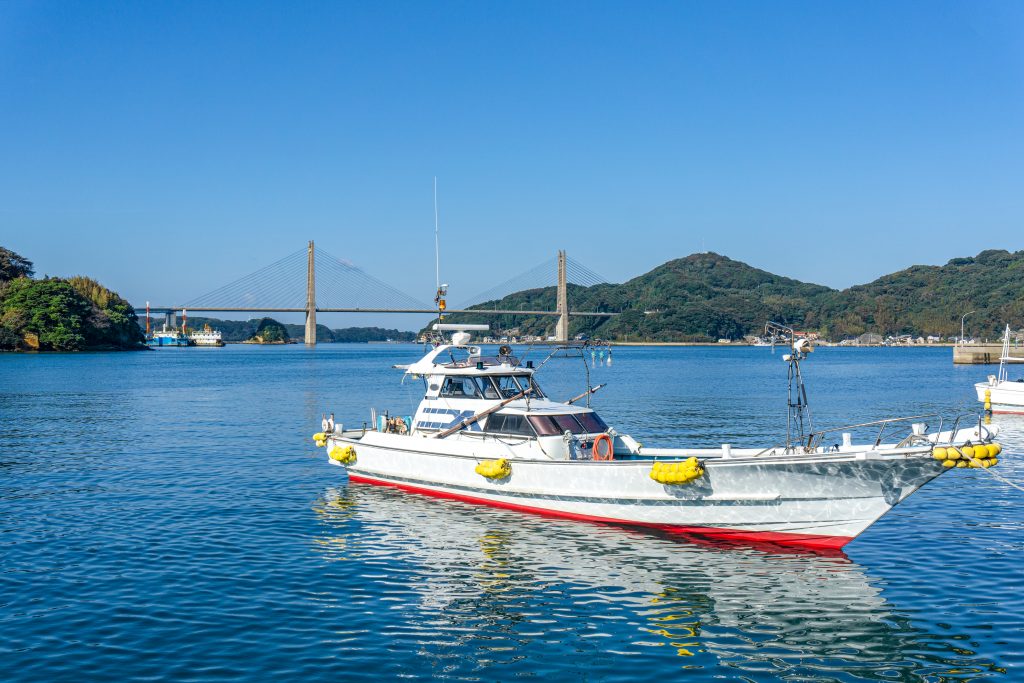
- ARAB NEWS
- 01 Aug 2025

TOKYO: Stocks for Japanese flying squid in the Sea of Japan have been declining sharply, apparently due to a rise in sea temperatures and overfishing by China.
Squid stocks in fiscal 2019, which ended in March this year, came to some 540,000 tons, around a quarter of those of fiscal 1997, the latest peak.
Although international resources management measures are necessary to combat the falling stocks, the implementation of such steps faces tough challenges as nations involved in the matter include North Korea.
The Japan Fisheries Research and Education Agency recently released a maritime resources appraisal that took into consideration China’s catches for the first time.
Although China’s fishing situation had been unclear up until now, the agency estimated that the country caught 150,000 tons of such squid in the Sea of Japan in fiscal 2019, on the basis of data included in research papers and other statistics.
By contrast, Japan’s squid catch in the year came to some 14,000 tons, less than one-10th of that of China and the lowest level in the past 30 years.
China cannot fish in the Sea of Japan as it does not have an exclusive economic zone within the area. China, however, is believed to have bought fishing rights from North Korea to operate within the latter’s EEZ.
“Most (of the squid caught by China) is likely to be the result of illegal fishing within Japan’s EEZ,” a Japanese government official said.
Chinese fishing ships mainly target Yamatotai, a rich fishing area within Japan’s EEZ located off the coast of the central Japan prefecture of Ishikawa.
Japan’s Fisheries Agency issued warnings to a total of 2,586 Chinese fishing boats in January-September this year, urging them to leave the area, three times the number in the year-before period.
Japan, South Korea, North Korea and Russia–the four nations surrounding the Sea of Japan–need to work together to prevent illegal fishing and to set catch quotas in order to restore squid resources, experts say.
But “it would be difficult to involve North Korea (in such discussions) as Japan has no diplomatic ties and is currently imposing economic sanctions (on Pyongyang),” the government official said.
Yoshihiko Yamada, professor at Tokai University and an expert on ocean policies, stressed the importance of starting three-way talks on squid resources management, without North Korea. “Japan should inform the world that the (squid) resources may run dry and work on creating rules with South Korea and Russia,” he said.
JIJI Press